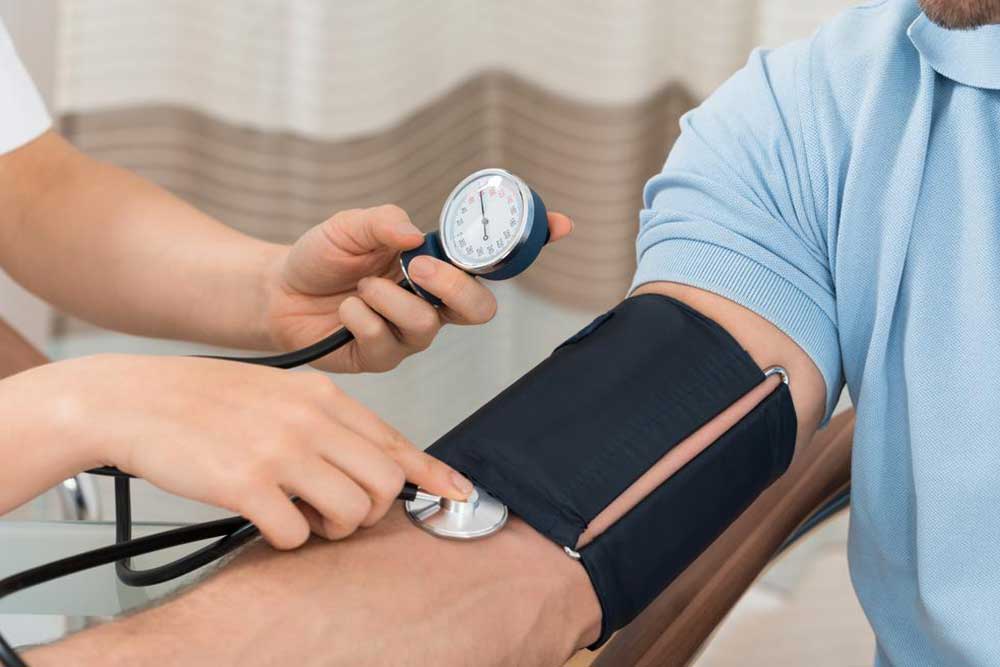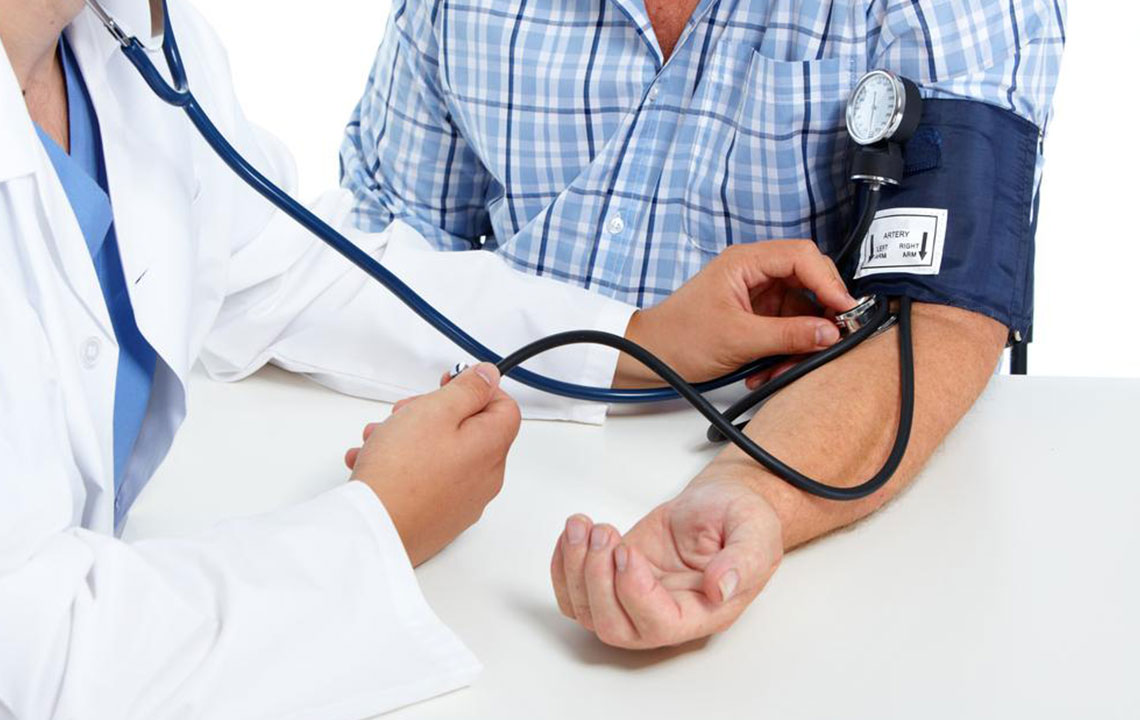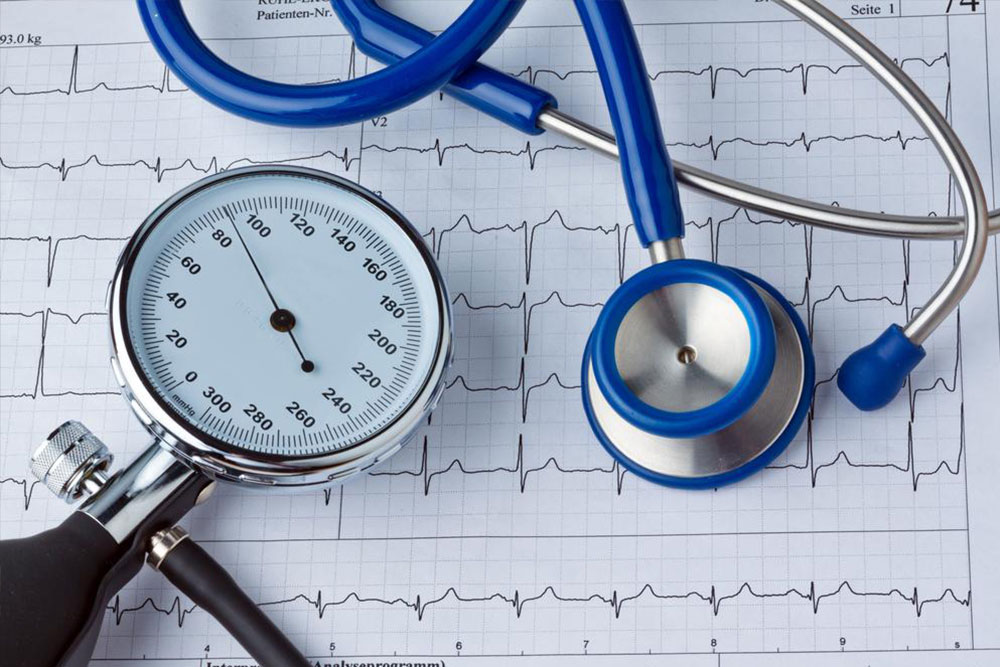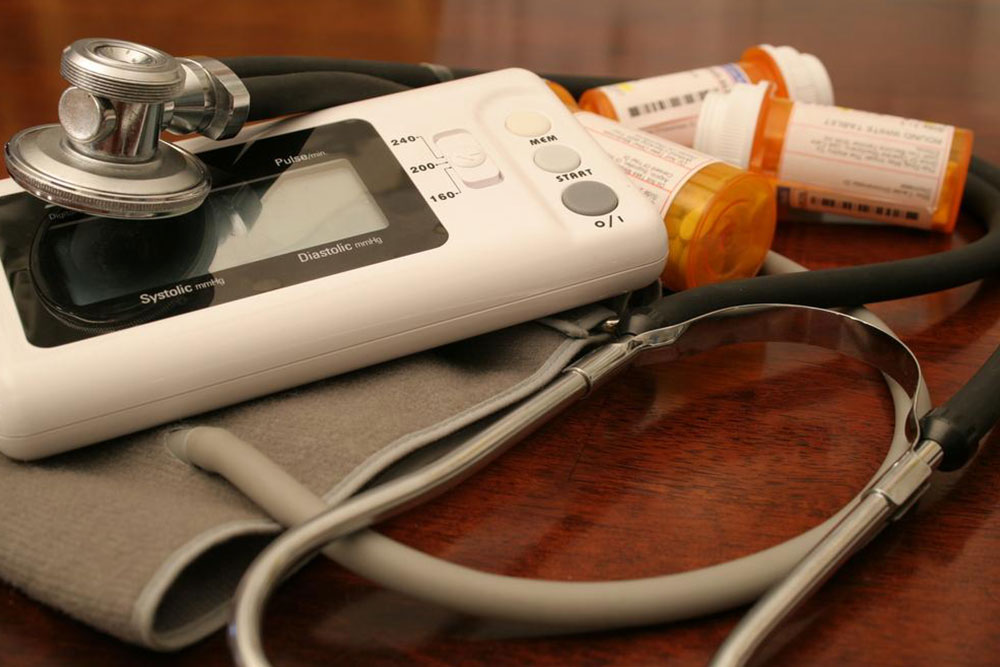Comprehensive Guide to Naturally Managing High Blood Pressure
This comprehensive guide explores natural and lifestyle modifications to effectively manage high blood pressure. From regular exercise and healthy eating to stress management and medical adherence, discover practical strategies to prevent complications and promote heart health. Ideal for those seeking holistic approaches, this article offers actionable tips supported by research to help maintain optimal blood pressure levels for long-term wellness.

High blood pressure, medically known as hypertension, is often dubbed the "silent killer" because it typically exhibits no obvious symptoms but can lead to severe health complications if left unmanaged. According to health statistics, nearly 30% of adults globally are affected by hypertension, making it a widespread health concern. This condition is influenced by a range of lifestyle and environmental factors such as obesity, unhealthy diet, smoking habits, excessive alcohol consumption, and underlying health issues like diabetes. Effectively managing hypertension is crucial to reduce risks of heart disease, stroke, kidney damage, and other critical health problems.
Natural and lifestyle-based strategies have proven effective in controlling blood pressure levels. Here, we delve into comprehensive methods that can help maintain healthy blood pressure, improve cardiovascular health, and enhance overall well-being. Whether you're seeking to prevent hypertension or manage existing high blood pressure, these tips offer evidence-based approaches to support a healthier lifestyle.
1. Engage in Regular Physical Activity
One of the most impactful ways to manage hypertension is through consistent exercise. Physical activity enhances heart muscle efficiency, improves blood circulation, and helps reduce arterial stiffness. The American Heart Association recommends at least 150 minutes of moderate aerobic exercise per week, such as brisk walking, cycling, swimming, or jogging. For more intense workouts, about 75 minutes of vigorous activity is advised. Regular exercise not only lowers blood pressure but also helps in weight management, reduces stress, and enhances overall cardiovascular health.
2. Maintain a Healthy Body Weight
Obesity is a significant risk factor for hypertension. Even modest weight loss can lead to substantial reductions in blood pressure. Experts suggest aiming for a body mass index (BMI) within a healthy range through a combination of balanced diet and physical activity. Shedding as little as 5-10% of body weight can yield noticeable health benefits, including lower blood pressure and decreased strain on the heart and blood vessels.
3. Adopt a Heart-Healthy Diet
Diet plays an essential role in blood pressure management. Reducing intake of processed foods and those high in salt is vital. The DASH (Dietary Approaches to Stop Hypertension) diet emphasizes fruits, vegetables, whole grains, lean proteins, and nuts. It encourages limited consumption of saturated fats, trans fats, refined sugars, and sodium. Cutting back on processed snacks, fast food, and canned goods with added salt can help prevent blood pressure spikes. Incorporating potassium-rich foods like bananas, spinach, and sweet potatoes further supports blood vessel dilation and pressure regulation.
4. Quit Smoking
Smoking introduces chemicals that damage blood vessel walls, promote arterial stiffening, and raise blood pressure transiently. Long-term smoking significantly increases the risk of hypertension-related complications, such as heart attacks and strokes. Quitting smoking not only improves blood pressure but also reduces overall cardiovascular risk and enhances lung function. Various cessation programs, support groups, and nicotine replacement therapies can assist individuals in this process.
5. Practice Stress Management Techniques
Chronic stress is a common contributor to high blood pressure. Stress activates the sympathetic nervous system, leading to temporary increases in blood pressure, and prolonged stress can cause sustained elevations. Activities such as yoga, mindfulness meditation, deep breathing exercises, or simply listening to calming music help relax the mind and body. Regularly engaging in stress reduction practices can prevent stress-induced blood pressure spikes and promote mental health resilience.
6. Ensure Adequate Quality Sleep
Sleep deprivation or poor sleep quality has been linked to hypertension. Aim for 7-8 hours of restorative sleep each night. Establishing a consistent sleep schedule, avoiding screens before bedtime, and creating a peaceful sleep environment contribute to better sleep quality. Addressing sleep disorders like sleep apnea with medical consultation is also critical, as untreated conditions can elevate blood pressure and increase cardiovascular risk.
7. Incorporate Garlic into Your Diet
Garlic is a natural supplement widely recognized for its cardiovascular benefits. Consuming one raw garlic clove daily provides allicin, a compound that promotes vasodilation—the widening of blood vessels—thus aiding in lowering blood pressure. Garlic can be incorporated into various dishes or taken as a supplement after consulting with a healthcare provider. Its natural properties support overall heart health and may complement other lifestyle modifications.
8. Limit Caffeine Intake
Though moderate caffeine consumption might be safe for many, excessive intake can cause temporary spikes in blood pressure. Individuals with hypertension or prehypertension should restrict caffeine to assess its impact on their own blood pressure levels. Switching to decaffeinated beverages or herbal teas can reduce the risk of caffeine-induced hypertension and promote stable blood pressure levels throughout the day.
9. Moderation in Alcohol Consumption
While moderate alcohol intake may be acceptable for some individuals, excessive drinking is linked to increased blood pressure and heart disease risk. It's recommended to limit alcohol consumption to no more than one drink per day for women and two for men. Abstaining from alcohol altogether might be necessary for individuals with uncontrolled hypertension or those on medication. Always discuss alcohol intake with your healthcare provider for personalized guidance.
10. Follow Medical Prescriptions and Regular Check-Ups
Sometimes, lifestyle changes alone may not sufficiently control blood pressure. In such cases, healthcare providers may prescribe antihypertensive medications. It is vital to follow prescribed treatments meticulously, monitor blood pressure regularly, and attend routine medical check-ups. Combining medication with healthy lifestyle choices yields the best outcomes in managing hypertension and preventing complications.
In conclusion, managing high blood pressure naturally involves a multi-faceted approach focused on lifestyle modifications, dietary awareness, and stress reduction. By adopting these strategies proactively, individuals can significantly lower their risk of cardiovascular diseases, improve their quality of life, and enjoy a healthier future. Remember, consistency and commitment are key to effective blood pressure management.





